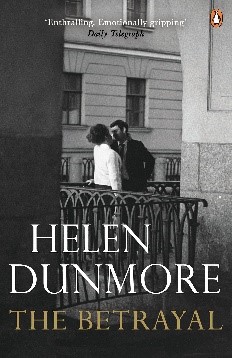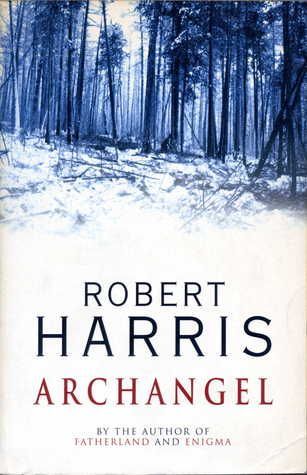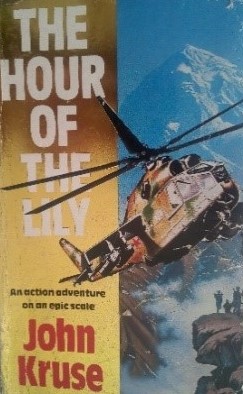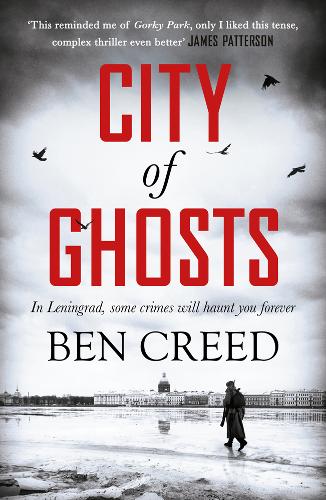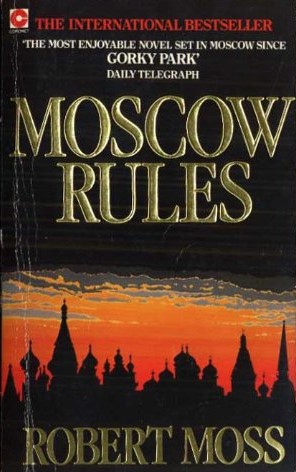
One of the aims of the Russia in Fiction blog is to get a sense of how Russia is portrayed in English-language fiction over time. What are the themes that come to the fore in different periods? What are the constants? And how realistic is any of this stuff?
One thing that we didn’t expect to find when we started out was quite the number of ‘Chernenko-era’ books that there are. We have written about this before at some length, and don’t want to re-hash all of that here. (Have a look at the review of Russian Spring (1984) by Dennis Jones for more details).
Moscow Rules is another thriller set in the year of Konstantin Chernenko as leader of the Soviet Union (1984-85). It stands out because it recognised, ahead of the events, that the Soviet system was heading to a swift end.
Continue reading